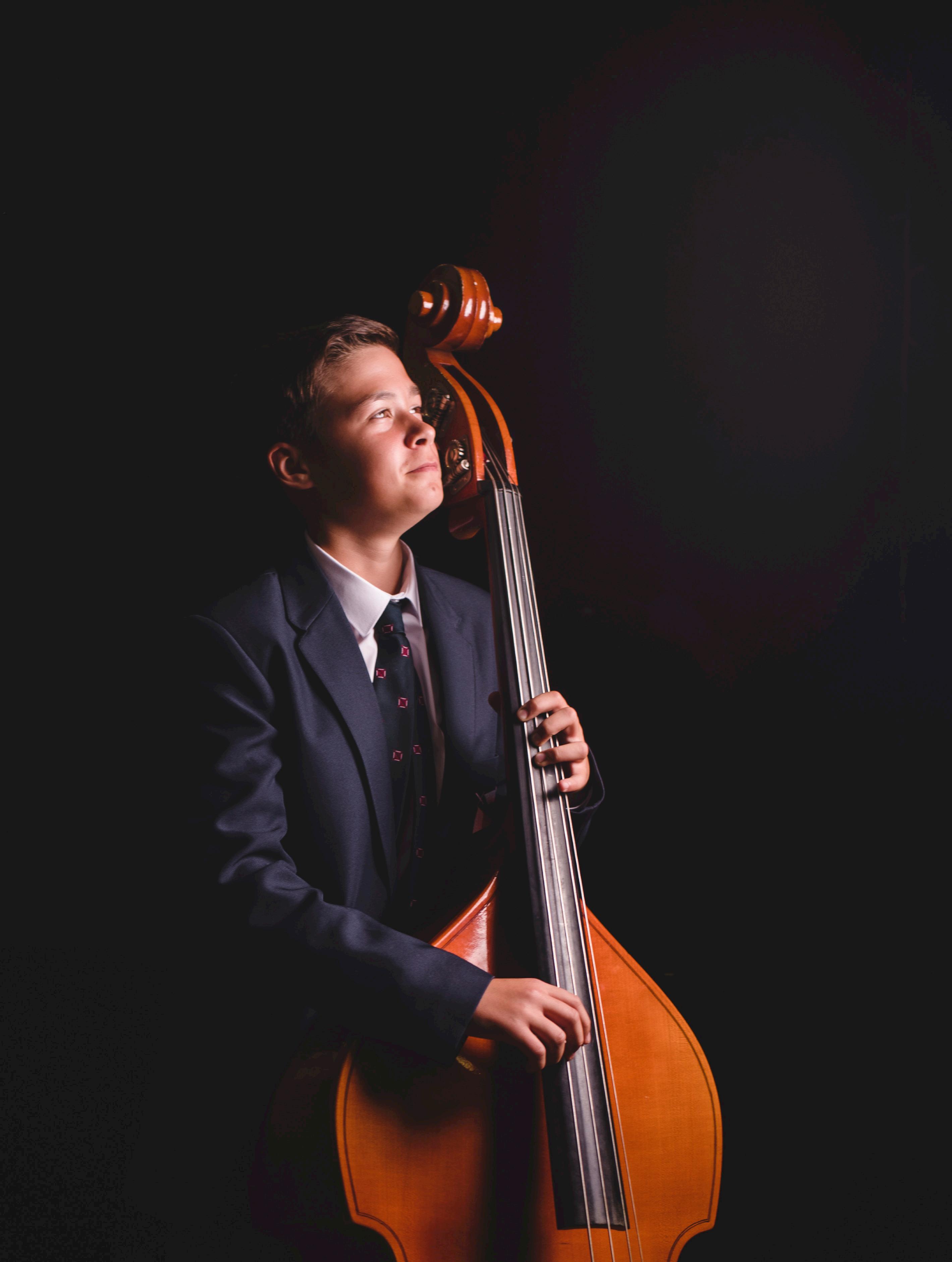
1 minute read
Music Scholarships
11+, 13+, 16+Music Scholarships
Music scholarships are open to pupils from any school, including Exeter Junior School and Exeter School. Music at Exeter School has an outstanding reputation and offers specialist classrooms, 18 practice rooms, and a concert hall. There is a rich annual programme of contemporary and classical concerts, at school and throughout the region, enabling pupils of all ages to experience the thrill of live performance of both established works and their own compositions.
Advertisement
Class teaching, instrumental teaching, ensembles, and groups are tailor-made to pupils’ interests and nearly 500 private music lessons are taken by pupils each week, taught by 27 visiting teachers. Music scholars form the core of most ensembles and have a very important role within the department. They demonstrate a genuine interest and passion for music. They might be instrumentalists, vocalists, or both. Most importantly, they are prepared to throw themselves wholeheartedly into the musical life of the school through participation in concerts, ensembles, masterclasses and more. They will study music to GCSE level, and it is hoped they will continue with A Level music in the sixth form. In addition, music scholars should be fully committed to their academic studies and uphold the values of Exeter School.
The scholarship programme is likely to include:
• Masterclasses for all our music scholars. • Annual scholars’ concert. • Tuition in music theory, sight reading and aural. • Weekly scholars ensembles. • Mentoring for all music scholars.
As a guide, applicants to Year 7 might have a grade 2 or 3 on one instrument, to Year 9, grade 4 or 5 and to Year 12, a grade 7. However we prefer to hear from enthusiastic pupils who have potential, play musically and come highly recommended.
The scholarship audition will require applicants to:
• Play or sing two pieces of their own choice on their principal instrument or voice. • Play and/or sing at sight. • Take aural tests at a standard to match the pupil’s experience.
Supporting evidence of previous accomplishments in music, in the form of references, should be submitted with your application. There will be a short interview with a member of Exeter School's leadership team.
A satisfactory performance in the academic entrance assessments is a condition of a music scholarship.









